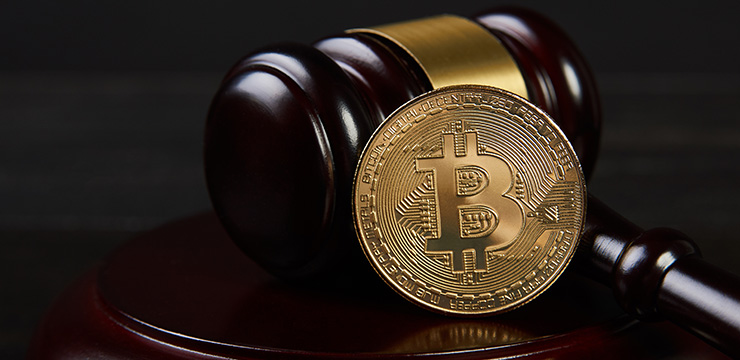On December 20, 2018, Representatives Warren Davidson (R-Ohio) and Darren Soto (D-Fla) offered some early holiday hope to digital token issuers by introducing the “Token Taxonomy Act” (the TTA). If passed, the TTA would exclude “digital tokens” from the federal securities laws and would undoubtedly have profound effects for the U.S. digital token economy. The TTA is an ambitious piece of legislation that faces an uncertain future. Nevertheless, Representatives Davidson and Soto should be commended for attempting to provide some regulatory relief and certainty to an industry that has been yearning for it.

In addition to exempting digital tokens from the securities laws, the TTA would amend the Internal Revenue Code and classify the exchange of digital tokens as like-kind exchanges under Section 1031, and allow digital tokens to be held by retirement accounts.
The TTA would also amend language in the Investment Advisers Act of 1940 and the Investment Company Act of 1940 so that state-regulated trust companies, which include broker dealers, investment advisors and investment companies, would be able to hold digital assets for customers.
According to the TTA’s authors, the intention behind the bill is to provide much-needed regulatory certainty to digital token issuers and to ensure the U.S. remains competitive against other countries like Switzerland, where blockchain startups are thriving.
However, the TTA’s benefits are hypothetical at this point, since it is likely to be opposed by the SEC. On November 30, 2018, SEC Chairman Jay Clayton opined at a New York Times-hosted event that SEC rules were made by “geniuses” and “have stood the test of time.” He stated that he did not foresee changing rules “just to fit a technology.” While he was not referring specifically to the TTA, these comments indicate an unwillingness by the SEC to change its longstanding rules to accommodate a nascent technology.
Even if the bill is passed, it would permit the SEC to determine whether a particular digital unit qualifies as a security and therefore is subject to the SEC’s regulation. The SEC thus would have the power to halt an offering and force compliance with the applicable securities laws. The TTA would spare issuers from any penalties if they have acted in good faith and take reasonable steps to cease sales. But with an unclear, and a potentially costly or lengthy, appeals process, the SEC could discourage issuers from taking the risk of attempting to qualify and sell digital tokens from the start. This provision would blunt the intended deregulatory impact of the TTA.
Although its future is uncertain, the TTA shows that there are government leaders that are listening to the concerns of the digital token issuers. If the TTA is introduced in the 116th Congress, it will be a piece of legislation worth tracking. Even if this particular bill is not enacted, it might point the way to other legislation whose passage might provide some regulatory relief to those who transact in digital tokens.
